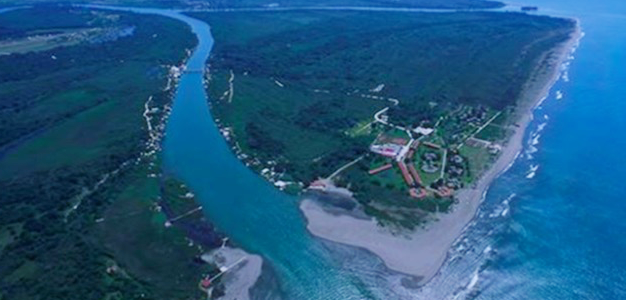Actions Taken
The Plan was completed with cooperation between the following partner organisations: the Regional Activity Centre for the Priority Actions Programme (PAP/RAC), Global Water Partnership Mediterranean (GWP-Med), UNESCO-International Hydrological Programme (UNESCO-IHP) and two teams of National (Albanian and Montenegrin) experts. A Steering Committee was established to operationalise the Plan’s progress. Two stakeholder workshops and several local community focus group discussions were held to support Plan development including setting a vision for the watershed and gathering data for the watershed analysis. Following 5 years of development, the Plan was completed in September 2015.
Outcomes
The Plan reflects the priorities of the watershed and its inhabitants and implementation activities are designed to address local, national, and transboundary needs. These include a mix of infrastructure-based activities and soft tasks like pricing, trainings, awareness-raising campaigns, capacity building activities, spatial planning and land policy instruments, and improved monitoring systems. Creation of the Plan also stimulated the drafting of a Framework Agreement for the Sustainable Management of Skadar/Shkodra Lake Basin and Buna / Bojana area, as requested by the Montenegrin Minister of Sustainable Development and Tourism. Though the Agreement has yet to be signed, it is an initial step towards bilateral cooperation on the watershed between Albania and Montenegro.
Lessons Learned
- Transboundary IWRM requires political stability and institutional will from all relevant players to be successful.
- External actors can play an integral role in building momentum towards the development of an integrated water resource plan, especially in a transboundary context.
- The Integrated Methodological Framework (IMF), which was developed specifically for the integrated and sustainable management of Mediterranean ecosystems, was piloted for this watershed. It proved to be a useful and thorough framework which supported the development of the Plan; it is recommended that it is utilized in other transboundary and coastal watersheds in the Mediterranean and elsewhere.
- Multi-stakeholder partnerships formed during the development of the Plan are key in strengthening local ownership, building trust, and promoting visibility of the partners in the area. These should be supported and continued during Plan implementation stages.
Photo Credit: Coastal marine waters in Buna / Bojana river mouth (GWP-Med et al., 2015)

